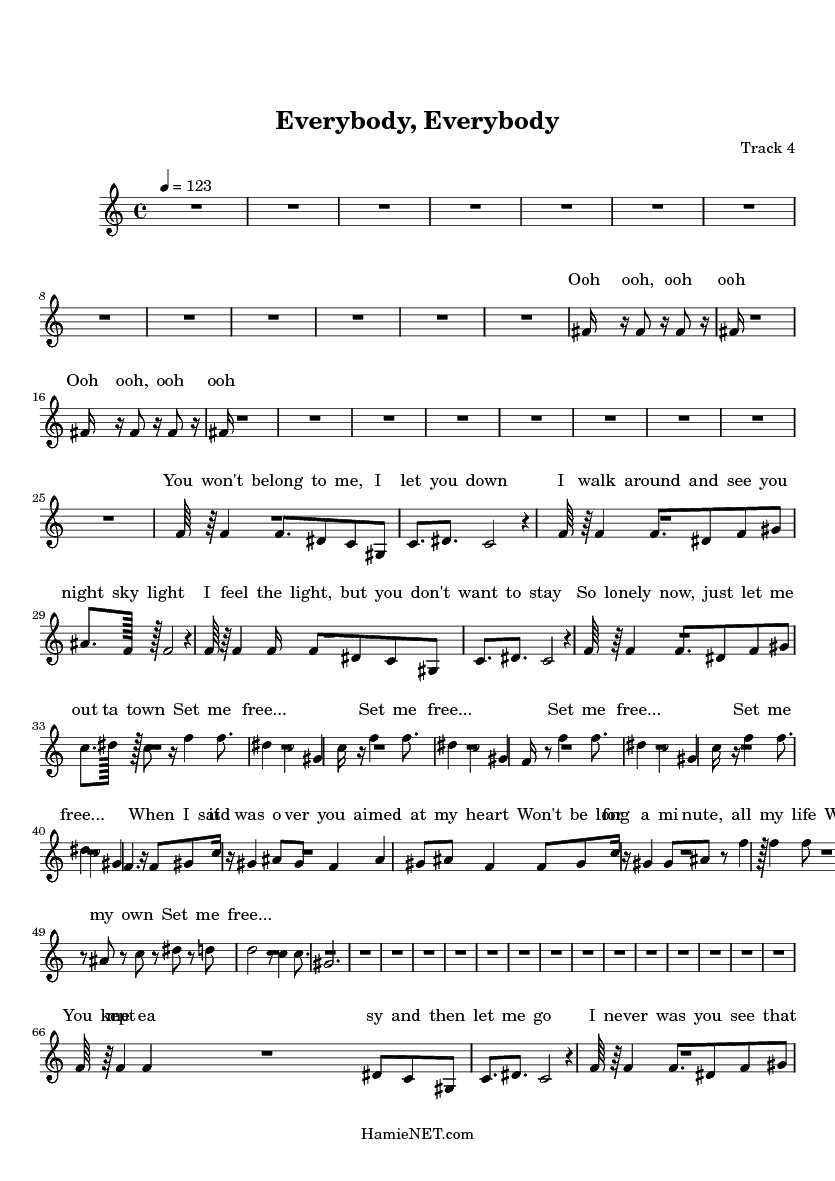

“I didn’t sit down.” Two years later, Wash, then a jobbing vocalist, auditioned to be one of Sylvester’s backup singers. “Sylvester had this high falsetto voice and I’m watching him and saying, ‘Oh my God, who is this guy?'” Wash said of the celebrated disco singer.

In 1974, when the singer went to see a concert by funk and soul musician Billy Preston, she was captivated by the talent and flamboyance of his opening act. After years of singing gospel, Wash started taking private lessons from an opera teacher, and began developing a vocal style that drew on those studies as well as the pop, rock and funk that she loved. The activity offered one of the few refuges from constant bullying over her weight. Wash began singing in public through her church. “At the same time, I’d sneak in 45s of the Supremes, the Temptations and Rare Earth because I wasn’t allowed to listen to secular music.” “My mother and I would be cleaning the house and listening to these gospel artists,” says Wash. By the time she graduated high school, Wash’s choir had released four albums and the fledgling singer had settled on her career path.Ī daughter of devout Christians, Wash had been singing since she was three years old, absorbing and imitating gospel greats Mahalia Jackson and Clara Ward in the house. Her music teacher had raised enough money for the group to travel to Europe and record albums. After the singer brought various lawsuits against producers and record labels for proper credit and compensation, federal legislation was created making vocal credit mandatory for all albums and music videos.īut 25 years before, Wash was just a middle school kid who sang well enough to join the choir at a San Francisco high school. No less importantly, Wash became an accidental linchpin for artists’ rights. Video& amp amp amp amp lt /div& amp amp amp amp gt & amp amp amp amp lt div& amp amp amp amp gt Please enable Javascript to watch this (Below: Martha Wash Sings Some of Her Most Famous Hooks) A lot of gospel-based singers have come and gone in dance music, but she is the one.” The timbre of her voice is so distinctive and beautiful. “She merged a gospel voice into pop and dance music seamlessly,” says RuPaul, who collaborated with Wash on 1998’s “It’s Raining Men… the Sequel.” “Her voice speaks to both the church and a pop ear and was built to cut through the bass of a dance club. At one point in 1991, Wash battled herself on the Billboard Hot Dance Club Songs, as “Gonna Make You Sweat” and Black Box’s “I Don’t Know Anybody Else” both bounced around the Top 5 for weeks on end. Wash is very likely the most famous unknown singer of the Nineties a powerful, gospel-weaned belter who first earned fame as a backup singer for disco king Sylvester before forming the disco-pop duo the Weather Girls and recording the camp classic “It’s Raining Men.” In the early Nineties, however, Wash’s booming, powerhouse vocals could be heard on the world’s most ubiquitous dance songs, from Seduction’s “(You’re My One and Only) True Love” to Black Box’s “Strike It Up” and “Fantasy” to C+C Music Factory’s aforementioned Number One hit. MARTHA WASH ‘MERGED A GOSPEL VOICE INTO POP AND DANCE MUSIC SEAMLESSLY,’ SAYS RUPAUL


 0 kommentar(er)
0 kommentar(er)
